Car manufacturers have responded to Government’s decision to cut its plug-in car grant (PiCG) with a mixture of frustration and tweaked finance offers to maintain their March sales.
While Ford of Britain chairman Graham Hoare was quick to express his disappointment at the £500 drop in assistance to £2,500 and the lower £35,000 price cap (down from £50,000), brands with new alternative fuel vehicles on the cusp of eligibility for the revised scheme were quick to highlight ongoing savings.
MG pledged to maintain a contribution of £3,000 to EV buyers interested in its ZS EV SUV and MG5 SW EV to maintain earlier benefits, while Skoda and Citroen flagged the ongoing eligibility of their new-to-market Enyaq and C4 flagship EV models.
Car manufacturers have responded to Government’s decision to cut its plug-in car grant (PiCG) with a mixture of frustration and tweaked finance offers to maintain their March sales.
While Ford of Britain chairman Graham Hoare was quick to express his disappointment at the £500 drop in assistance to £2,500 and the lower £35,000 price cap (down from £50,000), brands with new alternative fuel vehicles on the cusp of eligibility for the revised scheme were quick to highlight ongoing savings.
MG pledged to maintain a contribution of £3,000 to EV buyers interested in its ZS EV SUV and MG5 SW EV to maintain earlier benefits, while Skoda and Citroen flagged the ongoing eligibility of their new-to-market Enyaq and C4 flagship EV models.
But across the market, AM understands that over 20 recently launched EVs will be impacted by the reduced buying incentive – potentially reducing their appeal to potential buyers.
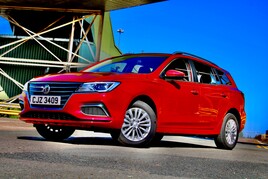 Guy Pigounakis, MG’s commercial director, said: “At MG, we believe in ensuring our customers are as happy as they can be with their new cars and in recognition that many of them will have made the decision to buy an MG EV with the £3,000 grant funding in mind, we have decided to honour that for all purchasers who order a new MG ZS Electric or MG5 EV for delivery before the end of this month.”
Guy Pigounakis, MG’s commercial director, said: “At MG, we believe in ensuring our customers are as happy as they can be with their new cars and in recognition that many of them will have made the decision to buy an MG EV with the £3,000 grant funding in mind, we have decided to honour that for all purchasers who order a new MG ZS Electric or MG5 EV for delivery before the end of this month.”
One Skoda retailer told AM of his frustration at seeing the brand’s new Enyaq EV SUV increase in cost by £3,000 overnight for some customers.
The brand was quick to highlight that the Enyaq iV 60 Nav model, which delivers a WLTP combined range of 256 miles, remains eligible for the £2,500 grant.
However, the larger 82kWh model, which generates 204PS and a headline 333-mile range may now represent and disproportionate price hike.
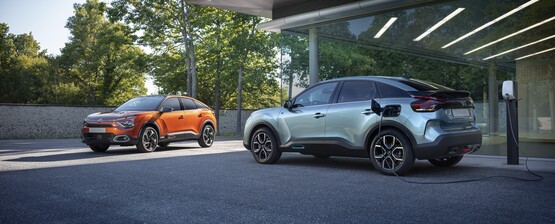 Citroen found itself in a similar position with its new eC4, with list prices straddling the new £35,000 price cap, but has revised its prices to ensure the entire range remains eligible for the PiCG an maintain hopses that the EV will make up 20% of its C4 sales.
Citroen found itself in a similar position with its new eC4, with list prices straddling the new £35,000 price cap, but has revised its prices to ensure the entire range remains eligible for the PiCG an maintain hopses that the EV will make up 20% of its C4 sales.
The Stellantis brand introduced a £550 pricing reduction on the ‘Shine Plus’ trim level in a move that sees the eC4 range priced from £30,895 to £32,495 with the grant.
 Speaking to AM at the UK launch of the new MX-30 EV this month, Mazda UK managing director Jeremy Thomson said that its smaller battery had resulted from a decision to make the car more affordable and, ultimately, greener.
Speaking to AM at the UK launch of the new MX-30 EV this month, Mazda UK managing director Jeremy Thomson said that its smaller battery had resulted from a decision to make the car more affordable and, ultimately, greener.
While using less precious materials which being CO2 penalties and cost implications at the production stage, the MX-30’s 35.5KWh battery delivers a reduced range of 124 miles, but a list price of £28,545 to £32,845.
Thomson said: “It’s a car with a medium range battery. People have a binary way of thinking about batteries and range. We are trying to add some nuance to the discussion. Just as a one-litre petrol engine isn’t appropriate for all people, neither is an EV with a large battery. There is a strong environmental argument about right-sizing.”
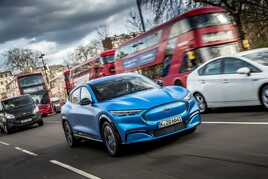 For Ford, which launched its performance-focussed Mustang Mach-E – its first full-EV – last year, at a list price starting at £40,350, the implications of Government’s PiCG changes will be keenly felt, however.
For Ford, which launched its performance-focussed Mustang Mach-E – its first full-EV – last year, at a list price starting at £40,350, the implications of Government’s PiCG changes will be keenly felt, however.
Hoare said the change of policy was “not conducive to supporting the zero emissions future we all desire”, adding: “Robust incentives - both purchase and usage incentives - that are consistent over time are essential if we are to encourage consumers to adopt new technologies, not just for all-electrics but other technologies too like PHEVs that pave the way to a zero emissions future.”
Login to continue reading
Or register with AM-online to keep up to date with the latest UK automotive retail industry news and insight.

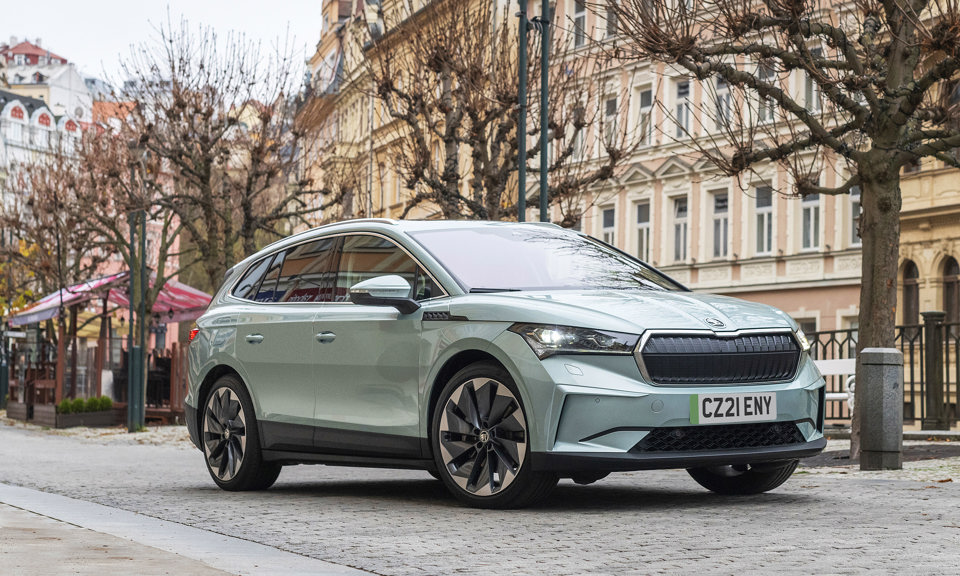
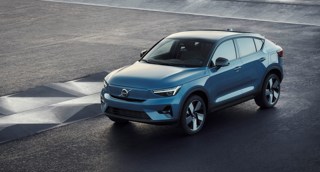
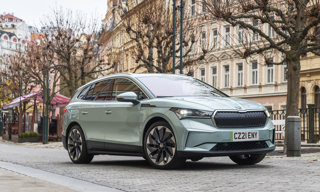
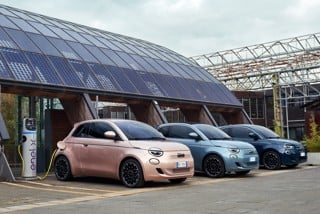
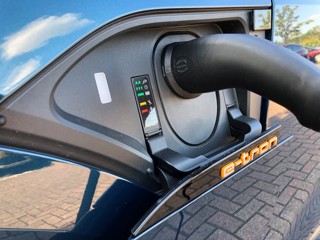
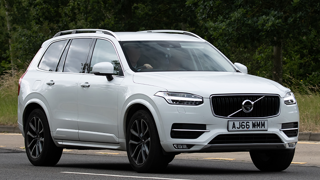












Login to comment
Comments
No comments have been made yet.